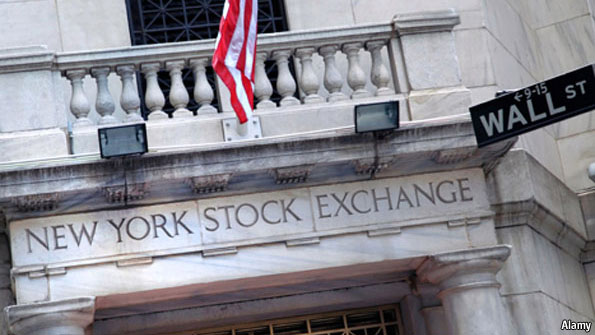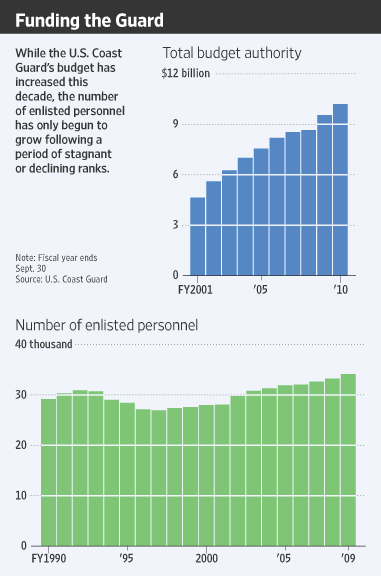Basel III--the directors' cut
 Thursday, September 16, 2010 at 12:05AM
Thursday, September 16, 2010 at 12:05AM 
FT, a while back, ran a full-pager analysis that said Basel III? Ho hum, as the banking industry's regulators were cowed by the efforts of industry lobbyists into diluting the new rule-set package.
Still, when the deal was done last weekend, a lot of pubs hailed its historic nature. So yeah, higher capital standards for banks, but not so high that most don't already meet them. As for smaller banks? Tougher row to hoe

Basel III is described as being different from what the US did under Obama: "prescriptive rules to steer U.S. banks away from past errors." Instead, Basel III allows the risky behavior to continue so long as the banks set up bigger capital cushions to absorb losses.
As rule-set resets go, a sort of reversal of the usual philosophies, with the global rules being more passive while ours are more active.
The big thing, of course, is that some global rule-set package was agreed upon in the first place.
And yeah, markets around the world seemed to like that.
Is the reset finished? Mebbe . . . mebbe not. Some banks fear their national regulators will now step in with tougher standards, leading to "regulatory arbitrage" whereby banks seek out the locales with the loosest rules and shun those with the toughest.
A never-ending struggle . . ..
 finance,
finance,  global economy,
global economy,  new rules,
new rules,  rule-set reset | in
rule-set reset | in  Citation Post |
Citation Post |  Email Article |
Email Article |  Permalink |
Permalink |  Print Article
Print Article 
















